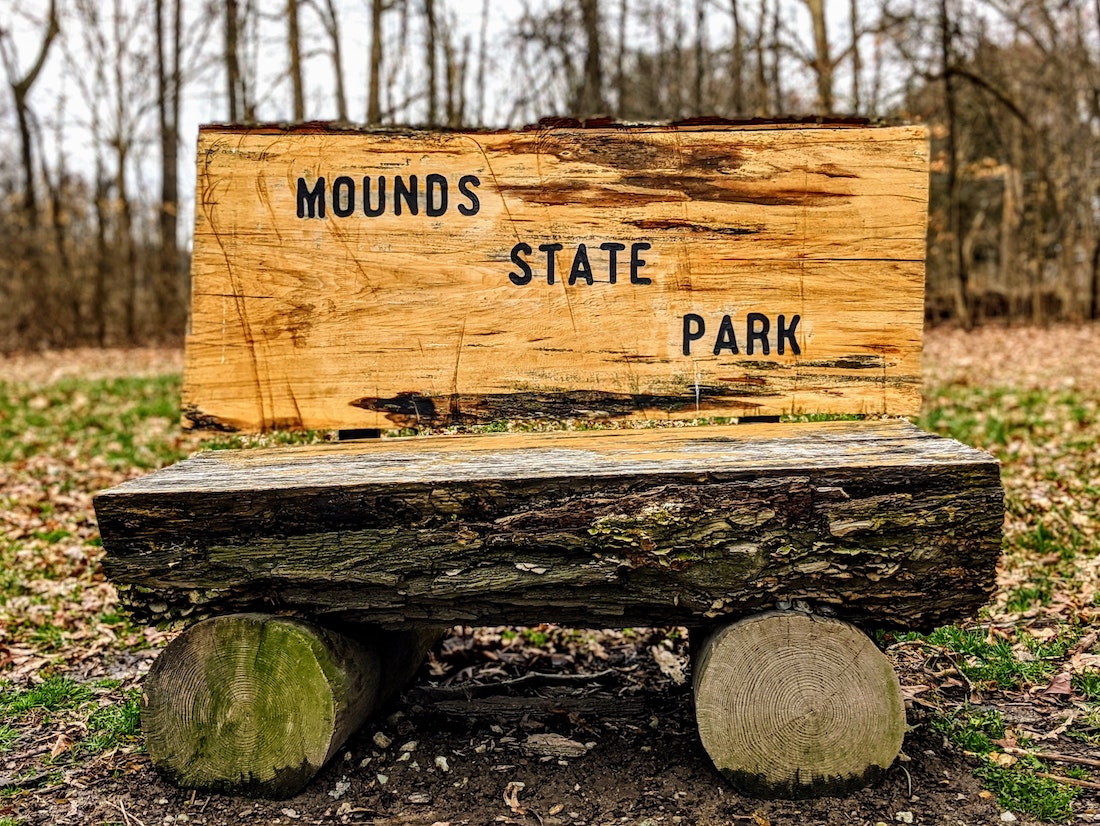Do you choose walks on public trails? What occurs when you face some trash?
If you respond just as you would at home by finding up the litter and disposing of it effectively, you are enduring what advertising authorities phone “psychological ownership.”
That sense of ownership can establish in all kinds of conditions. For illustration, you may acquire feelings of ownership for a car or truck or home you’ve picked out but haven’t paid out for nevertheless.
This actions is at odds with an financial theory regarded as “the tragedy of the commons.” This principle holds that public lands and other shared assets can be neglected since there is no proprietor who feels obliged to take care of them.
Primarily based on my exploration in this space, I’ve discovered that it is feasible for people to experience a sense of ownership towards parks and other general public places without having essentially proudly owning them.
Four research
My colleagues Joann Peck, Colleen P. Kirk and Andrea W. Luangrath and I puzzled whether we could get people to a park to act far more like they owned the land.
Though men and women normally intuitively feel this takes place all the time, we straight measured its event although conducting a series of four studies.
To start with, we went to a lake in Wisconsin where folks could rent kayaks and requested 50 percent of the kayak renters to come up with their own nickname for the lake. We then noticed from shore irrespective of whether each kayaker tried to select up strategically placed trash through their paddle. The kayakers who we questioned to consider of a nickname for the lake tried to pick up trash 41% of the time. That was way a lot more than the 7% fee for every person else.
Next, we asked half of the cross-state skiers at a general public park to plan out their route on a park map. The relaxation bought the map without the need of all those guidelines. Yet again, the easy act of scheduling the route appeared to make a change. The individuals who experienced planned a route have been 2.5 moments additional probably to tack a donation onto their rental fees, and they also expressed more willingness to volunteer and to advertise the park by means of social media.
The other two experiments we did were being online. We examined the impression of “Welcome to your park” indications and an attendance indicator displaying the amount of site visitors to a hypothetical park. Through this simulation, we discovered that the welcome indications would enhance useful behaviors, whilst signs showing that there ended up quite a few other readers would have the reverse influence.
We hope that the professionals of general public parks choose gain of our conclusions. Welcoming visitors to “your” park or pondering a nickname for a lake is effortless to carry out and affordable. And nevertheless they are successful strategies to motivate and nudge persons to treatment for these areas, whether or not by volunteering, selecting up trash or even selling the space.
![]()
This short article is republished from The Dialogue under a Creative Commons license. Browse the unique report.
Image: Adam Bouse/Unsplash
